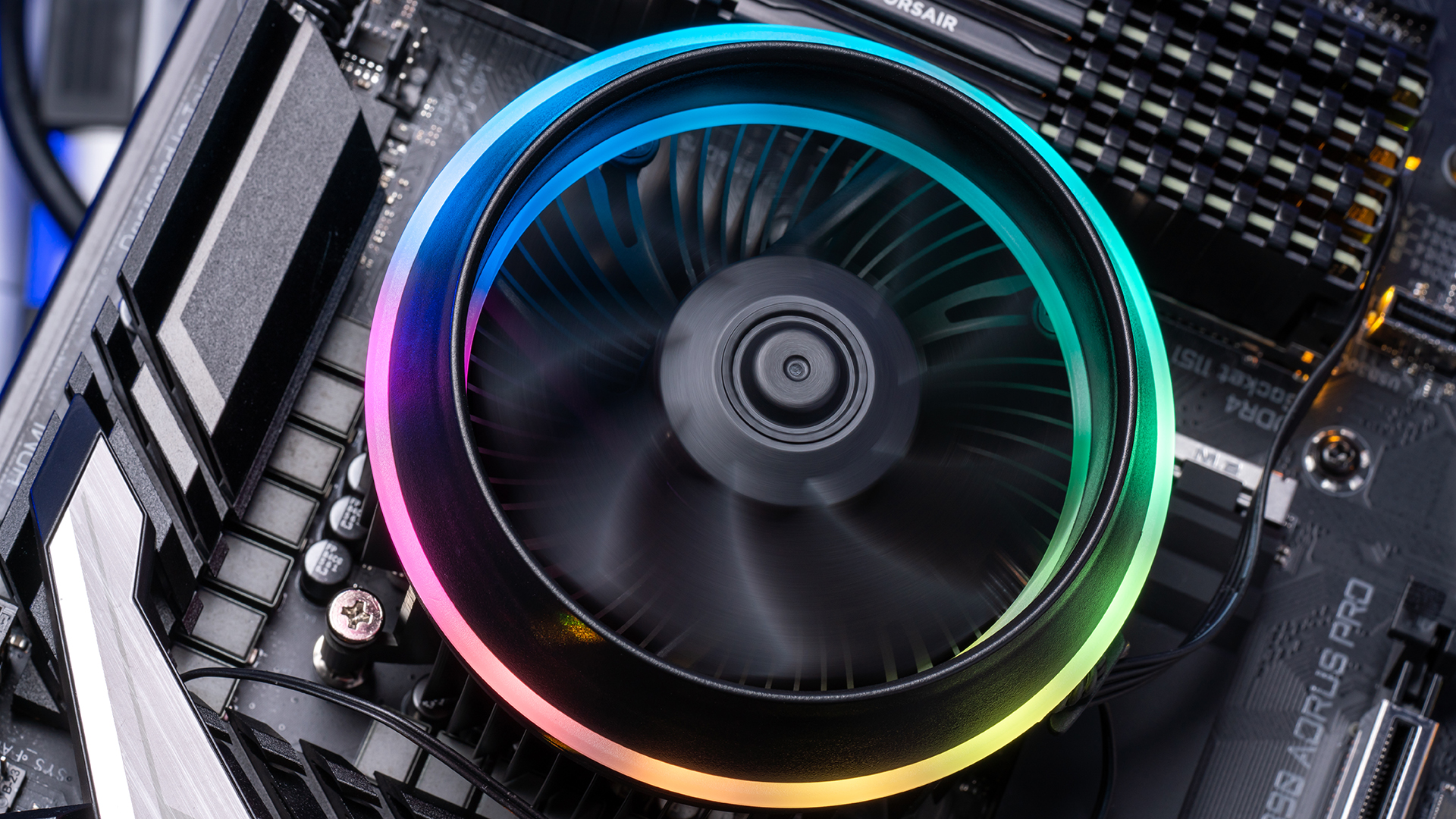Ever since the bloom of the internet, and the globalization of the world, information security and the protection of data on the internet is becoming more and more of a concern.
With a large volume of data now being available on the internet, we must have systems in place that prevent the misuse, theft, and illegal use of it, and that’s what cybersecurity is all about.
Though, for the past decade, research in machine learning and artificial intelligence is paving the way to create better systems that prevent cyber threats to systems, neglecting cyberpunks on the internet that are always looking for a way in.
These technologies, mainly artificial intelligence, allow security professionals to take a large amount of historical data and track down a plethora of threats that might impede systems on the internet, and that’s what we’ll be talking about today in this guide.
Already curious as to how AI is shaping the future of cybersecurity? Make sure to read this guide till the end, and find out more!
Table of Contents
A Breakdown Of Cybersecurity

As the boundaries of any business, especially when it’s engraved in the digital world, the importance of placing tight security systems is more than just imperative. Having a holistic approach to business security is often regarded as the foundation of a good business, as it gives you confidence in scaling more and bringing in more agility.
It’s pretty clear why cybersecurity is important, and there are a lot of examples of how businesses with weak security systems have suffered from problems like cybersecurity threats, theft, and more in the past.
With more and more of our daily lives being conducted online, we are leaving a vast amount of sensitive information open to potential threats.
Cybersecurity encompasses the technologies, practices, and processes put in place to protect our digital information from these threats.
Whether it’s safeguarding financial data, protecting personal identities, or shielding critical infrastructure, cybersecurity plays a crucial role in keeping our private information out of the wrong hands.
Cybersecurity AI – Why Is It Advantageous?
Artificial intelligence, over the past few years, has allowed humans to imbue systems with human intelligence, and let AI do the menial work while we focus on better, more important things.
Traditional cyber security systems are becoming more and more prone to getting overwhelmed by the fast-paced evolution of cyber attacks, and unless your business or company is using intelligent AI systems that prevent disasters from happening, you might get run down by cyberpunks on the internet.
Here’s a list of reasons how, and why, AI-based cybersecurity systems are advantageous:
Intelligence Threat Detection
The best part about AI, when it comes to cybersecurity, is how well it can be trained on large amounts of data, and how quickly it can sift through it to find threats, and the solutions to them.
. With cutting-edge machine learning algorithms at our disposal, we can sift through massive amounts of data and detect potential breaches faster and more accurately than ever before.
This goes for both intrusion detection systems and malware analysis, as AI brings a new level of intelligence to our cybersecurity efforts, helping us stay ahead of the curve and keep our sensitive information safe and sound.
In addition, applications of AI, like natural language processing, also allow computer systems to have better predictive abilities, curating information on it’s own by scraping articles, blogs, books, and more on the web.
Letting AI Battle The Bots
In the modern digital age, the internet is both a blessing and a curse.
As the number of businesses operating online has increased, this has resulted in a surge of bots attempting to infiltrate company websites, causing harm in various forms. And if you’re expecting to cater to automated responses (the bots) with manual labor, you’re viewing this entire scenario wrong.
Using artificial intelligence, businesses can now detect and prevent these sneaky bots from causing any damage. What’s great is that since you can train AI on various datasets, it becomes ‘intelligent’ to certain responses, and automatically filters botted content and spam requests that make their way to you.
Risk Detection
Artificial intelligence (AI) is a powerful tool that has revolutionized how we approach risk management, whether it’s in cybersecurity or not.
Why? Because when trained on a large dataset, it can make decisions based on the information provided to it., and that means identifying specific patterns that the human eye can often miss.
This makes it ideal for detecting and predicting risks. By training AI on data from the past, we can teach it to recognize potential risks and come up with strategies to mitigate them.
Whether it’s identifying potential threats to a financial portfolio or predicting the likelihood of a cybersecurity breach, AI can help us make better decisions by giving us more accurate insights into the risks we face.
Improving Endpoint Protection
With the rise of digital threats, cybersecurity has never been more critical. Businesses of all sizes, from small start-ups to large corporations, now have to think carefully about how to protect their precious digital assets from the constant threat of attack.
Unlike traditional signature-based security solutions, AI technologies can learn from previous attacks and adapt to new vulnerabilities, identifying potential threats in real time.
This proactive approach makes it possible to stop even the most sophisticated of attacks before they can cause significant damage, giving businesses greater peace of mind. It’s also great for making sure your customers feel safe with your business, which is the heart of a good business in this digital age.
What Do Cybersecurity Experts Think About AI?

The use of AI in cybersecurity isn’t just something that we’re talking about in this guide – but a reality of the future of this space. In a survey conducted by the Capgemini Research Institute, 850 cyber security analysts were surveyed, and most of them revealed that AI is necessary for businesses to better their overall security posture.
To summarize better, 3 out of 4 security analysts think that AI is a necessary element in the cybersecurity space, mainly because on the other end of security, hackers and cyberpunks are already leveraging AI technology to cause harm.
Potential Downsides
We’ve scratched the surface of what AI can do in the cybersecurity space, but with that being said, it’s important to know that there is some level of limitations and drawbacks to using AI. This technology, as much as we’ve come ahead, is still in its infancy, which is what can make things complicated during usage.
Not As Affordable As It Seems
We’ve mentioned that AI can be trained on a large dataset that allows it to make decisions based on the information provided to it. That part’s pretty true.
However, for AI to be trained on a large set of anomalies, threats, and the usual cybersecurity Wednesday afternoon chaos, it has to be trained on a very large dataset to be fully effective, and that doesn’t come cheap.
This is one of the many reasons why small businesses don’t adopt AI in cybersecurity, as it can cost too much to be sustainable for them.
Adversarial Usage
Similar to how AI can be used to develop threat intelligence and counter cyber attacks, cyberpunks can use these same systems to find weaknesses and sneak in malicious software that can harm businesses.
As Accenture explains in an article, “This new wave of malicious AI, called Adversarial AI, allows hackers to make machine learning models misinterpret the inputs given to them, churning out results that are favorable to these hackers rather than the business.”
Bottom Line
The bottom line is that the future is bright for AI in the field of cyber security. As IT businesses grow and scale bigger and bigger, it’s clear that humans alone cannot securely prevent an enterprise-level attack that targets all the vital spots.
AI, as we’ve explained before, allows enterprises to have better threat intelligence, do better risk prediction and management, and secure their endpoints more securely, and that’s just a drop of what AI can do.
Staying ahead of AI means adopting AI and knowing how to use it to accentuate your skills, automating the menial tasks, and letting programs do the work that can be repetitive, and that goes beyond just cybersecurity.










